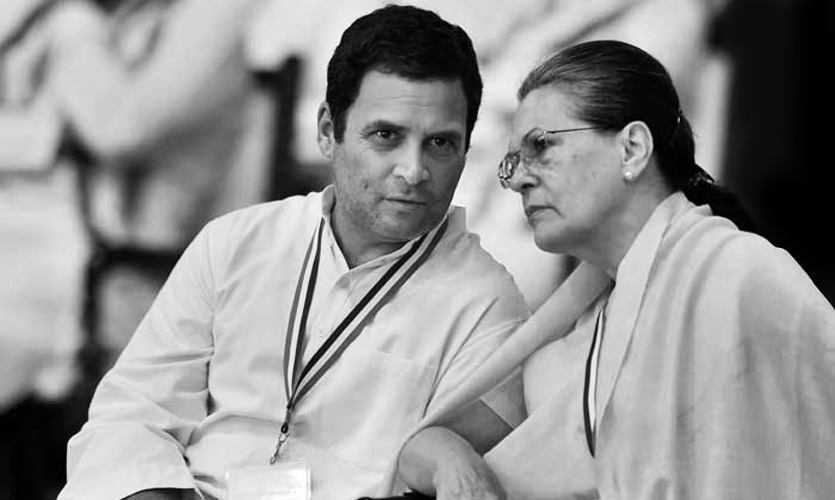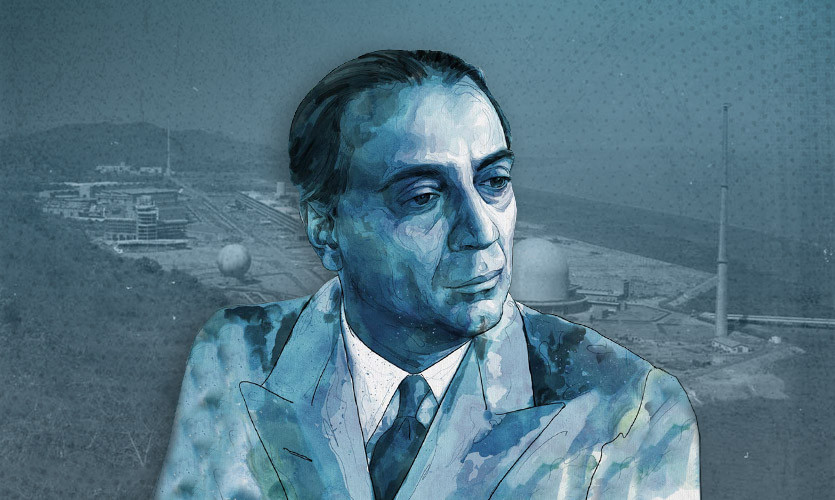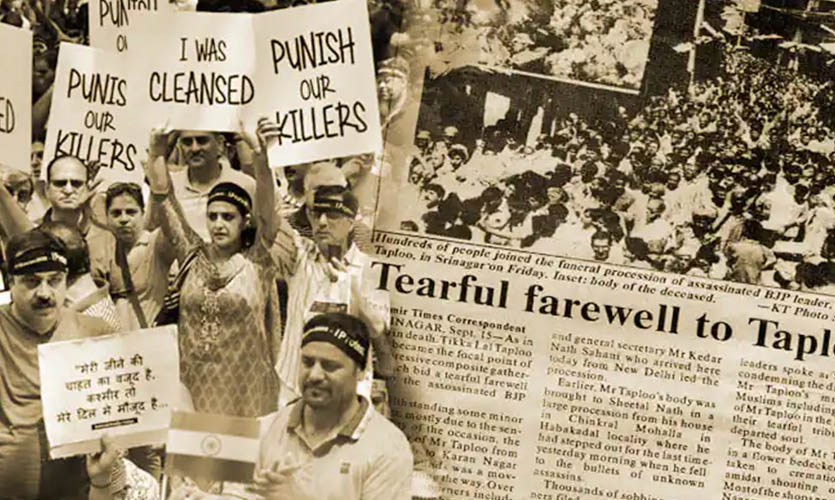While the current government has made India matter on the modern global map, the civil unrest within the country has only increased. However, looking to the opposition for a solution seems far-fetched.
The grand old Congress party, also known as the “family-owned political business”, has possibly not seen worse days than what it is experiencing now. The party’s image built over five decades as that of “entrenched corruption” and the leaders’ refusal to abandon the party high command of the Gandhis, leaves the people with no choice but to go to the Bharatiya Janata Party (BJP) way.
While corruption persists, a recent report by Transparency International (TI) that measures the domestic perception of corruption and another report by TRACE, an international association that measures foreign investment bribery risks, claim that under the BJP there has been significant improvement. India’s rank on the TRACE index has jumped to the 77th place in the world in 2020 from 185th in 2014. According to TI, the country’s rank rose from 94 in 2013 to 85 in 2020. Although critics have termed this as “institutionalised corruption” replacing under-the-table bribes with the introduction of electoral bonds, it has little to do with ideologies and more to do with corporate transparency which, as the Economic Times editor Swaminathan S.A. Aiyer suggests, works in the BJP’s favour.
Ishaan Ganatra, the state coordinator for the Congress Seva Dal in Gujarat disagrees and says that corruption is a staple of any political party. He believes that the Gandhi family can overcome the challenges faced by the country under the current government. “They are the only ones who have truly believed in secularism and are inspiring others to do it. They have had the vision to do it for years, and to lead India towards a modern and mature democracy by promoting a coalition government.”
It should be noted that the only time a national emergency has been declared in India was for 21 months under the Indira Gandhi regime, where constitutional rights were suspended and freedom of speech and the press was withdrawn.
Congress’ Infighting
Various states are now witnessing increased tensions within the party, between party leaders.
Incumbent Punjab CM Capt. Amarinder Singh, who supported the farmers’ protests, called for their halt at the Singhu border and the need for dialogue between the Centre and the farmers to address their fears. Singh cited concerns over the lawlessness created by those who were not “genuine farmers” and protection of the economy of his state as the termination of transport of food grains has affected its market. However, the party high command, “Team Rahul”, has not been in favour of this. In fact, Ludhiana MP Ravneet Bittu, who is believed to be part of Rahul’s close cadre, said that the party would fight for the farmers till the end and that “to achieve our objective we can even pile up bodies, shed blood and go to any extent”.
The Punjab CM is also facing a challenge in the form of a poster war with former state cabinet minister Navjot Singh Sidhu, which has created separate factions. Recently, Sidhu has demanded the annulment of power purchase agreements in Punjab signed during the Akali-BJP regime, citing concerns over additional power costs and undue bureaucratic exploitation. While Capt. Amarinder has expressed his willingness to comply with any decision interim party president Sonia Gandhi makes, MP Bittu has warned Sidhu against creating rifts. In addition to this, the Punjab Congress faces a difficult assembly election next year owing to the unfulfilled promises of a drug-free Punjab, employment, and justice for the firing during protests against the sacrilege incident in Faridkot in 2015.
Congress leaders need to get their houses in order now more than ever before, to be able to stand any chance at bringing the necessary changes or at the very least constitute the ability to keep the government in check whilst not compromising on national integrity.
Haryana Congress has also started seeing differences, with two different factions emerging – one in support of former CM Bhupinder Hooda – the other in favour of state unit chief Kumari Selja. A large group of state MLAs have cited displeasure over Selja’s inability to fulfill demands, interference in ground level workings, and overdue district level reorganisation.
The senior Congress party leaders in Chhattisgarh, T.S. Singhdeo and CM Bhupesh Baghel, have had separate factions since before the party came to power in the state. While Baghel was accepted as the chief minister, his recent reshuffling has drawn flak from Singhdeo’s supporters since it leaves him with command over just five assembly constituencies out of the initial twelve. Reportedly, the number of constituencies under Singhdeo’s control has now dropped to only two.
Rajasthan politics is incomplete without the continuing tension between party leader Sachin Pilot and CM Ashok Gehlot. While the duo managed to ensure Congress’ victory in the 2018 state elections, the turmoil amid them has persisted. MLA Hemaram Choudhary of the Pilot camp resigned last month, and more leaders are expected to follow suit. The MLAs in question allege that they have not been assigned adequate work or cabinet positions, as was promised by Gehlot and party high command in return for Pilot’s cooperation.
The Karnataka Congress is seeing aggressive promotions for two CM candidates for the 2023 legislative assembly elections. While ‘Siddaramaiah, the next CM’ campaign gains traction, Karnataka Pradesh Congress Committee president Shivakumar, who is a strong contender for the seat, has warned MLAs against creating divides amid the party, asserting that the party will fight under “collective leadership”.
In Telangana, infighting ensued last week, as soon as the All India Congress Committee replaced N. Uttam Reddy, appointing A. Revanth Reddy as the new Telangana Pradesh Congress chief.
Ganatra, like some other party leaders, does not seem to mind the conflicts. “It is definitely a major challenge for Congress but does not prove stagnating for its functioning. These instances just show that the school of thought of the party is progressive and modern, and they do allow different thoughts and ideas to breed within the party, unlike the BJP,” says Ganatra. He further adds, “The party respects others’ points of view rather than smashing it, which is the USP of the BJP.”
Why The Need For A Strong Opposition?
A lot has been said about the BJP’s inability to sustain the secularity of the country. Why most of the Indian people repeatedly choose the party to represent them, has become a question of great angst, especially for the young, so-called liberal champions.
The BJP has a relatively cleaner slate, as it has been in power for only about two decades out of seven since independence, with Narendra Modi’s predecessor Atal Bihari Vajpayee leaving an immaculate legacy. Vajpayee’s stint as the leader of opposition, arguably holds equal significance as his time as prime minister, if not more. Congress prime minister P.V. Narsimha Rao’s decision to make Vajpayee the leader of the Indian delegation to Geneva in 1994 and help quash a UN resolution against India over alleged human rights violations in Kashmir internationalised by Pakistan, is what saved the country from a massive blow of economic sanctions from the West while in a dire state. While the delegation also comprised Congress leader and the then Minister of State for Foreign Affairs Salman Khurshid, Vajpayee was appointed the lead. The carefully handpicked team also saw National Conference leader Farooq Abdullah provide the adequate and fierce support, along with the then Finance Minister Manmohan Singh and UN ambassadors Hamid Ansari and Prakash Shah.
While India managed to hold off international boycott at the cost of grave “humiliation”, as Vajpayee put it, it was a pleasantly shocking testament to India’s ability to challenge those in power but also come together to face crises. The Indian government now faces similar pressure from the UN following the death of human rights activist Father Stan Swamy in custody on July 5. Swamy, 84, had been detained without bail since October last year in the Bhima Koregaon case with 15 other people under the Unlawful Activities (Prevention) Amendment Act, 2019. The government’s increased crackdown on the freedom of the press has also been taken note of by global watchdogs including Reporters Sans Frontières.
It has become increasingly trendy to question the government, but what the need of the hour is in terms of policies and possible alternatives, appears to be a question lost on the general population. Seva Dal’s Ganatra points out that the opportunity costs being paid by the people, weighed against the work done by the BJP, are too high. “They have ruined our press freedom and democratic sentiment and violated personal spaces of the mass, often creating polarity based on religion,” asserts Ganatra.
The current government lacks the ability to hold appropriate and transparent dialogue, and does not seem to have the will to follow parliamentary processes. A PRS report points out that though consulting parliamentary committees is not a rule, it is necessary as MPs may come from all walks of life and not hold the appropriate expertise. The centre’s recent move to do away with a free functioning opposition by introducing the Government of National Capital Territory of Delhi (Amendment) Act, 2021, does away with checks and balances, making it even more important to have a formidable opposition that can hold the government accountable.
As a close compatriot puts it, “A country’s democratic fabric is only as strong as its opposition.”
The Horus Eye is a weekly column written by Divya Bhan analysing current affairs and policies. This column does not intend or aim to promote any ideology and does not reflect the official position of The Sparrow.
Also read: GNCTD Undermines A Free Functioning Opposition; A Threat To Democratic Systems
Also read: India And The Global Trend Of Qualms Against The Press’ Freedom










